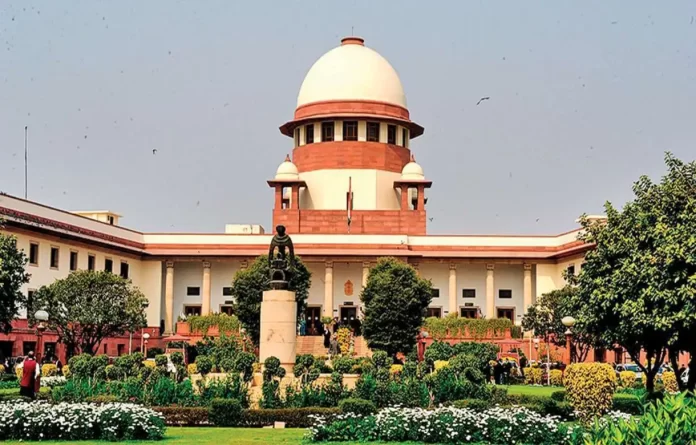Advocate Prashant Bhushan today urged the Supreme Court for an early listing of a plea seeking an investigation by a Special Investigation Team (SIT) into the alleged instances of quid pro quo in the electoral bond scheme.
He mentioned the matter before a bench of Justice Sanjiv Khanna and Justice Dipankar Datta, since the Chief Justice of India DY Chandrachud was not sitting today. Prashant Bhushan said that he had filed a matter on April 23 and is seeking an SIT probe into the electoral bond bribery issue. Subsequently, Justice Khanna reassured that the CJI and the registry will take a call on the listing in due course.
The petition lodged by NGOs Common Cause and the Centre for Public Interest Litigation (CPIL) alleged that a scam worth crores of rupees is involved in the Electoral Bonds matter, which can be unravelled only through an independent investigation under the monitoring of the top court.
It added that the data which was disclosed to the public after the Supreme Court struck down the anonymous electoral bonds scheme showed that the bulk of the bonds appear to have been given as quid pro quo arrangements by corporates to political parties either to secure government contracts or licenses, to secure protection from investigations by CBI, Income Tax Department, Enforcement Directorate, or as consideration of favourable policy changes.
The petitioner further alleged that several pharma companies, which were under regulatory scanner for manufacturing substandard drugs, also purchased electoral bonds. The petitioner argued that such arrangements of quid pro quo are in clear violation of the Prevention of Corruption Act, 1988.
The petitioners sought for a court- monitored investigation by an SIT into the instances of apparent quid pro quo between public servants, political parties, commercial organisations, companies, officials of investigation agencies and others, and other offences as mentioned in the petition.
Additionally, the petitioners also sought direction to the authorities to recover the amounts from political parties as donated by companies to these parties as part of quid pro quo arrangements where these are found to be proceeds of crime.


